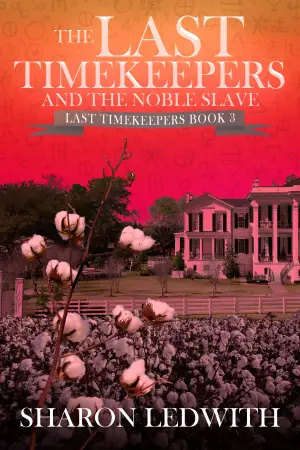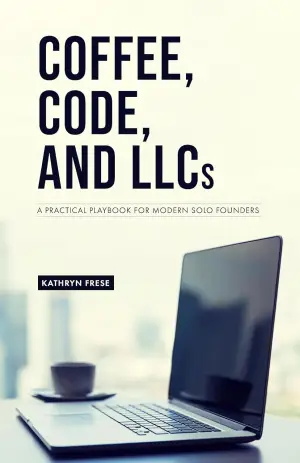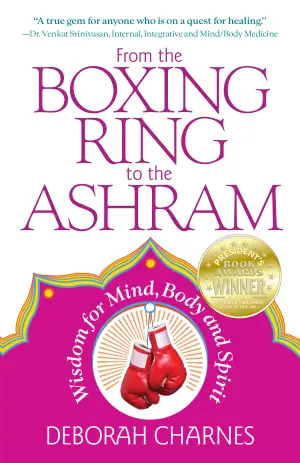Book Review: "Feed" by M. T. Anderson
When I first picked up "Feed" by M. T. Anderson, I was captivated by its stark, thought-provoking premise: a future where our very thoughts can be programmed by a constant stream of information. In a world increasingly reliant on technology, the book’s warnings felt eerily relevant. I imagined myself in Titus’s shoes, sailing through life saturated with a mind-controlling "feed," and it compelled me to dive deeper.
"Feed" presents a dystopian vision that feels like an unsettling mirror of our current media-driven society. The protagonist, Titus, embarks on what starts as a carefree spring break trip to the moon, but his adventure spirals into chaos when a hacker disrupts the feeds implanted in his and his friends’ brains. It’s during this disorientation that he meets Violet, an intelligent and rebellious girl who dares to question the intrusive technology that shapes their identities.
The characters in "Feed" are multi-faceted yet flawed, with Titus embodying a blend of typical teenage angst and consumerism, while Violet represents the spark of rebellion and introspection. Their relationship beautifully juxtaposes the allure of conformity against the necessity of questioning authority—particularly relevant themes for young adults navigating their own paths today. Personally, Violet resonated with me; her struggles to carve out an independent identity in a world dominated by external pressures felt deeply relatable.
M. T. Anderson’s writing style is fresh and innovative, employing sui generis vernacular and clever neologisms that effectively transport readers into this futuristic landscape. Some moments made me chuckle; others left an uncomfortable knot in my stomach. Anderson’s satirical wit shines, particularly when scrutinizing consumer culture. For instance, I found it both amusing and alarming that characters communicate in a manner so immediate that their identities become indistinguishable from their feeds.
One quote that lingers with me is Titus’s realization that “It was like it was all planned.” This serves as a chilling reminder of how easily we can become products of our environment, shaped by our interactions with technology and marketing. It made me reflect on my own habits—how often do we allow distractions to define us?
Though "Feed" is classified as young adult fiction, its themes extend far beyond teen readers. From educators to parents to those simply curious about our tech-obsessed culture, the narrative offers valuable insights. Whether you’re drawn to its thrilling plot or the critique of an increasingly connected world, there’s something for everyone to ponder.
In conclusion, I wholeheartedly recommend "Feed." It’s not just a book about technology or rebellion; it’s an exploration of identity in an overwhelmingly fast-paced world. Anderson’s work is a somber reminder about the importance of questioning what we consume—both intellectually and literally. Reading "Feed" prompted me to consider my own relationship with technology, leaving me both entertained and introspective long after the final page. If you’re in search of a novel that’s as entertaining as it is profound, this one should be at the top of your list.






